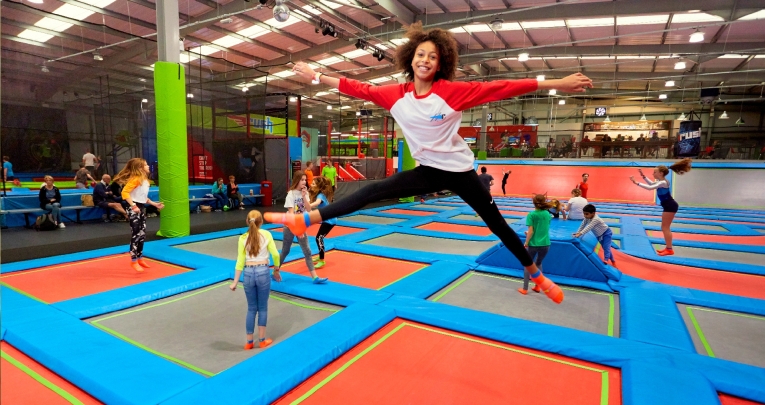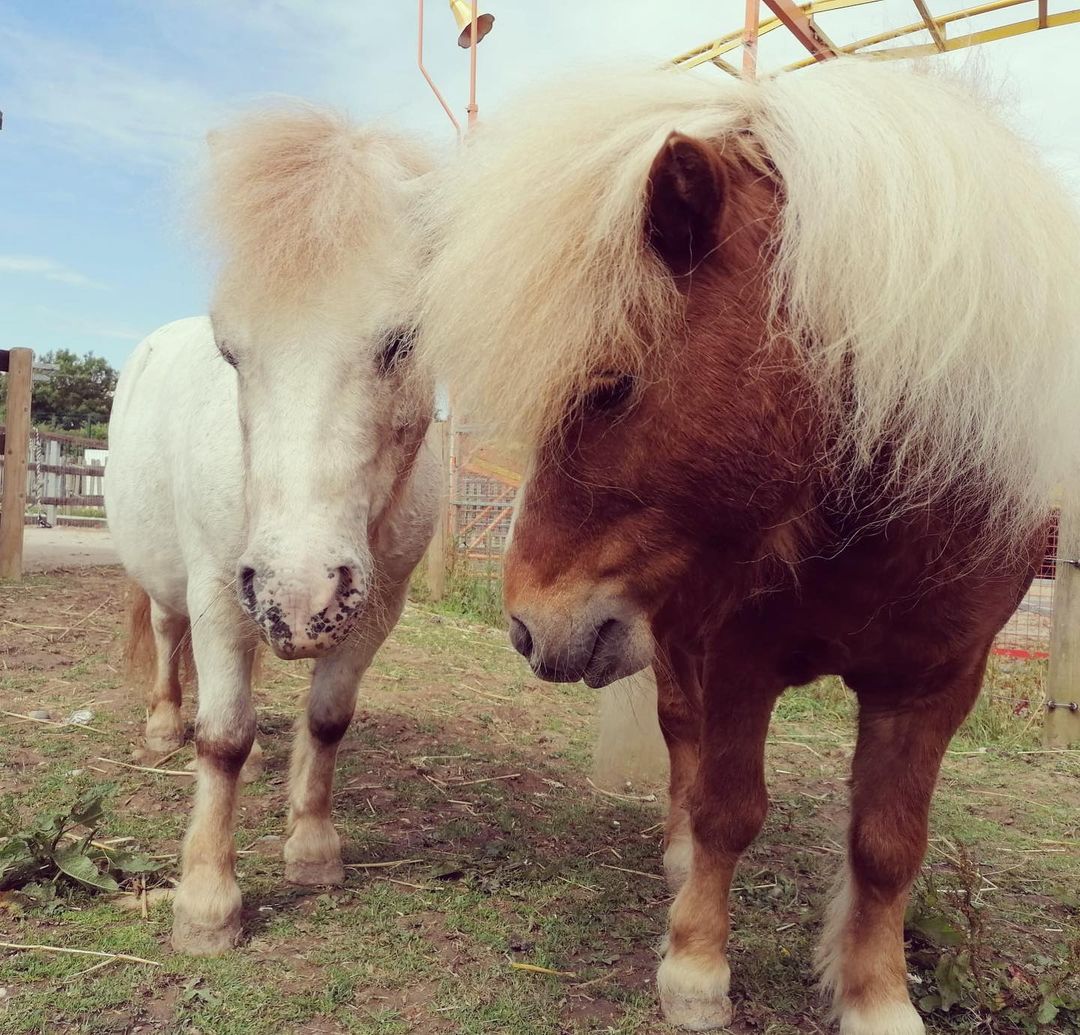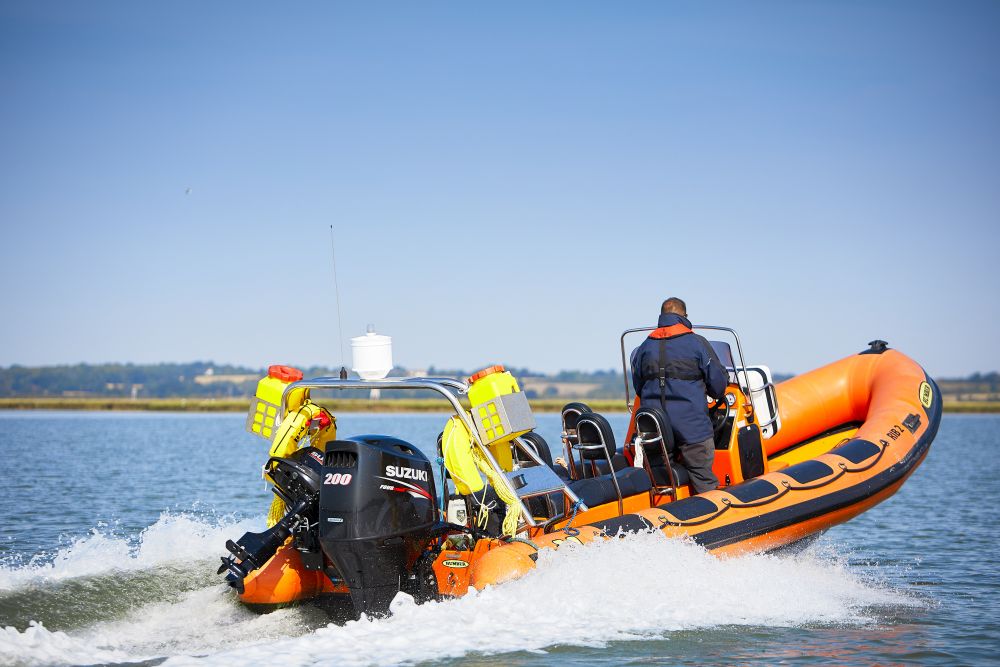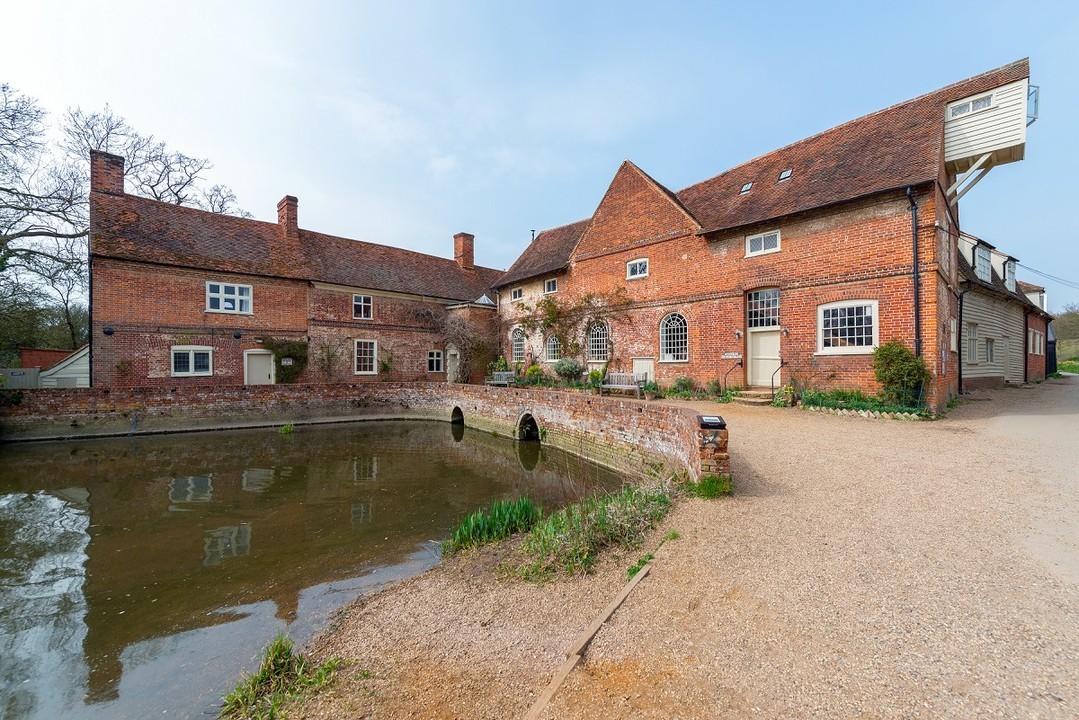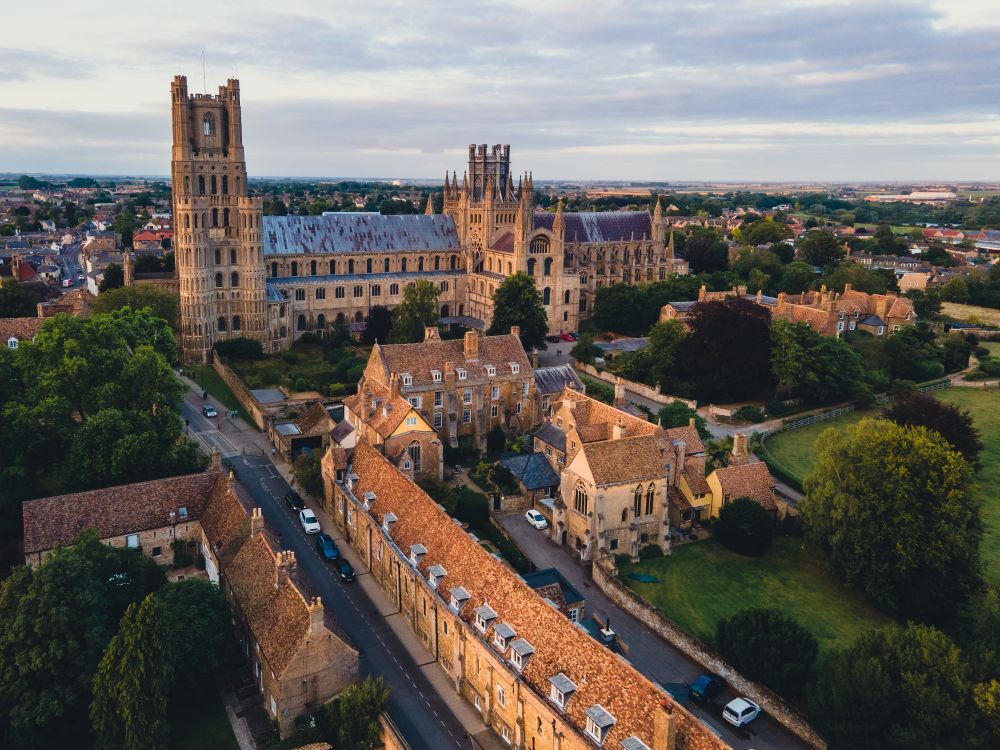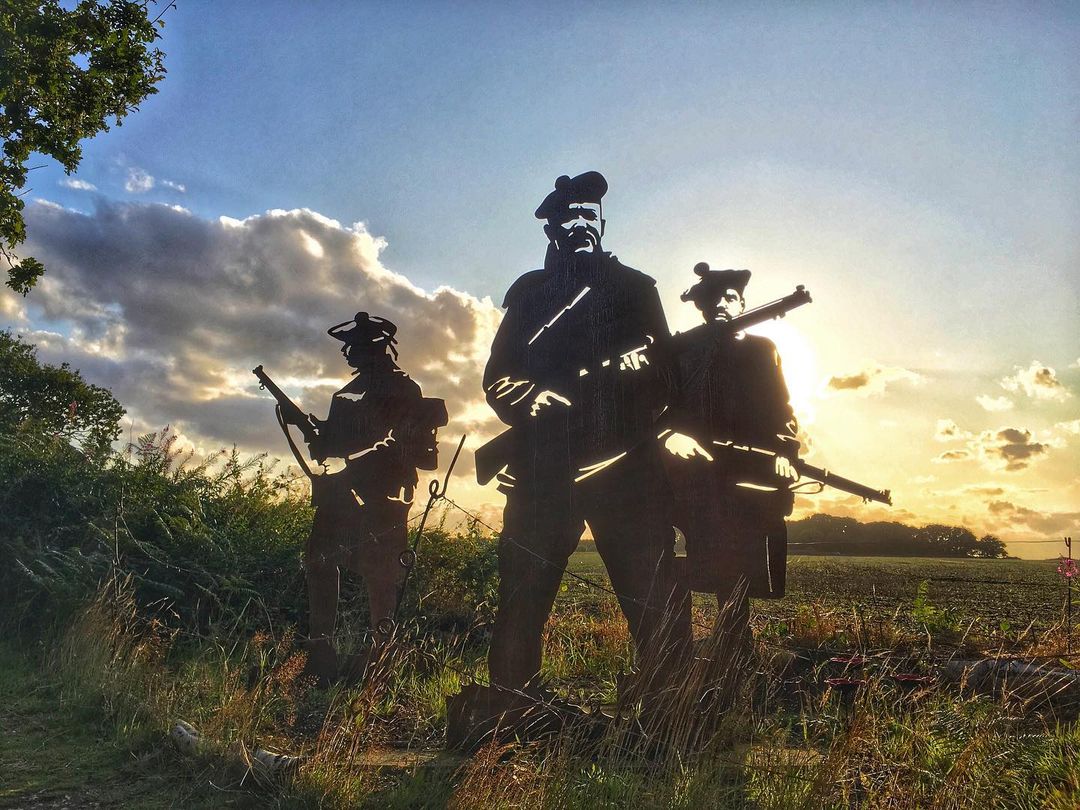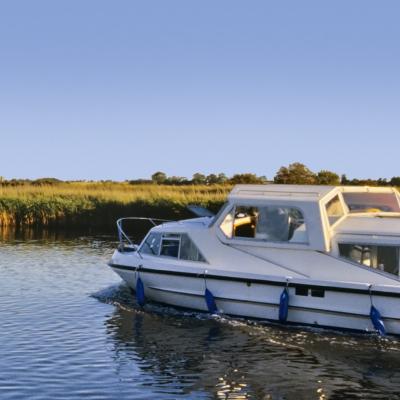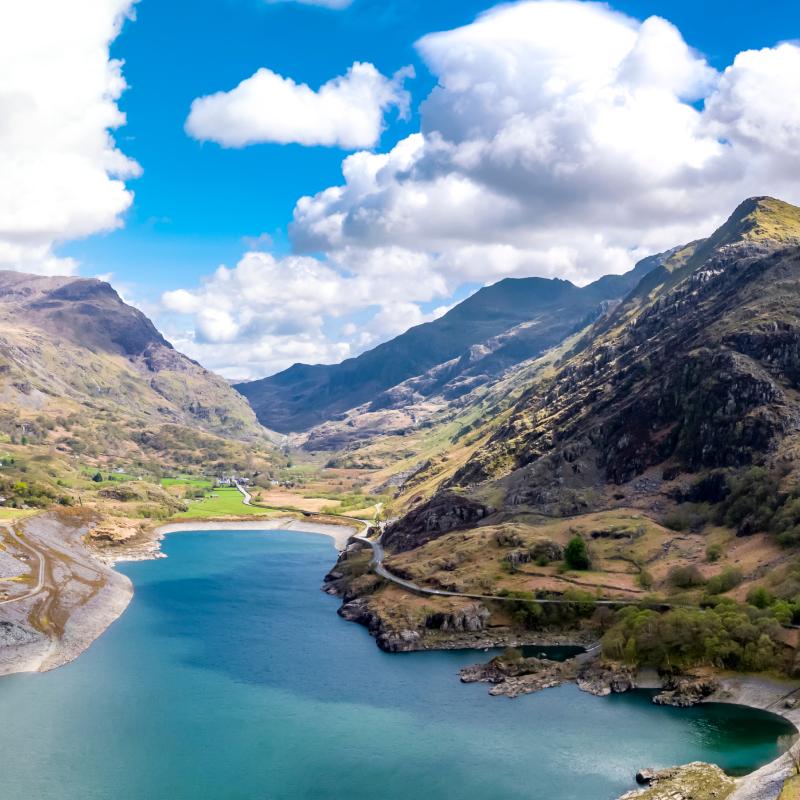Chatham Green Project
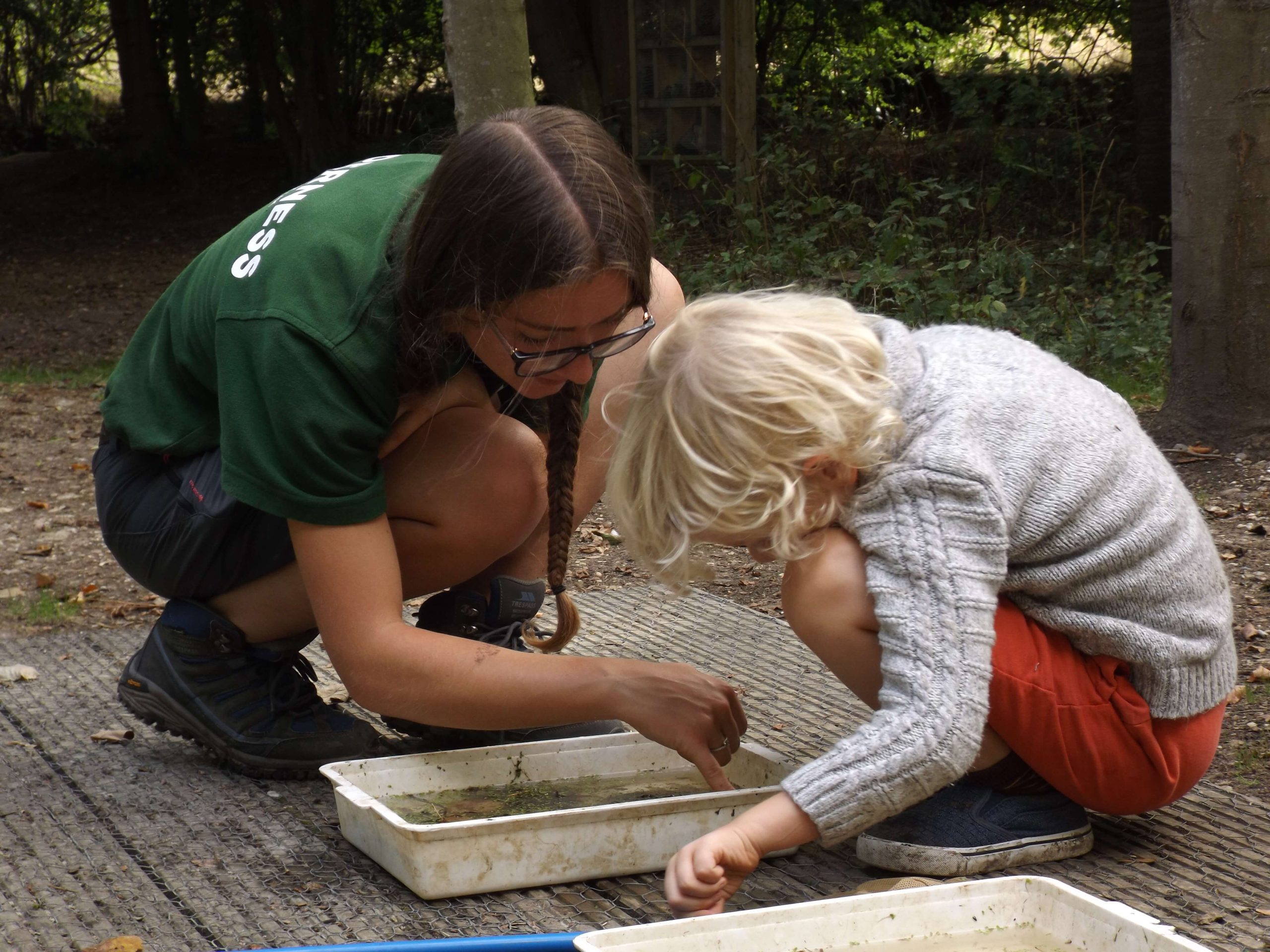
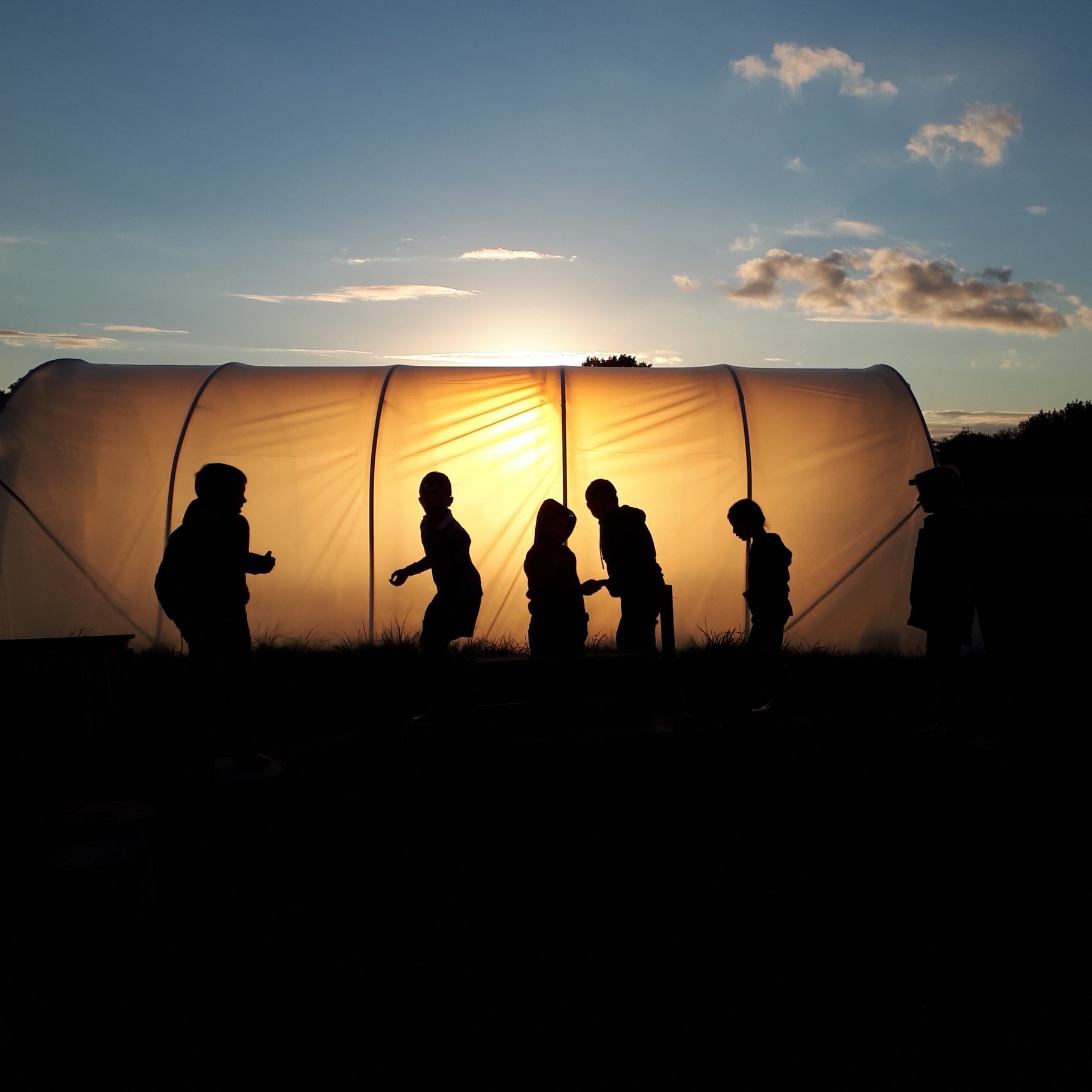
Photos of Chatham Green Project
What will students see and do?
At this 400-acre outdoor education initiative, children will learn all about sustainable land use and its importance for the planet.
Visitors will learn about a diverse range of issues, including climate change, biodiversity, green living, animal life cycles and much more!
The project is based in a rural spot, surrounded by woodlands and arable (crop) fields. On their visit, students become immersed in this natural countryside, developing a connection with the outdoor environment.
The education zone includes a stream, ponds, meadows and a horticulture zone. This is a unique opportunity for kids to get out of the classroom and into nature, an environment which many young people lack the opportunity to engage with and benefit from.
At Chatham Green, visitors can take part in the full field-to-plate experience, starting with visiting wheat fields and learning how the crops are harvested and turned into flour.
At the side of the very same field, students make dough from the flour. Finally, they make their own fresh bread on an open fire.
This is a valuable learning opportunity for demonstrating the value of local produce and sustainability. Furthermore, facilitators introduce ideas of the connection between nature and wellbeing.
Chatham Green’s ethos is based on the importance of having a personal connection with the natural world, and how visitors can tap into this as a tool for positive mental health.
The Project also focuses on the seven principles of ‘Leave No Trace’. This ethical framework promotes conservation and respect for all forms of wildlife.
The Chatham Green Project offers the sought after mix of student enjoyment, personal development, strong ethical messages, and curriculum suitability. What more could you ask for?
How does the trip link to the curriculum?
The Chatham Green Project has devised fantastic curriculum-based workshops, linking fun activities to educational outcomes. The workshops are broken down by school year for primary students, then by key stage for secondary.
Year 1:
Students can discover the names, parts, habitats and life cycles of a variety of wildlife. Children will visit vegetable beds to discover plants, and go on a nature walk to see where wildlife lives.
During pond dipping they learn about common invertebrates and amphibians, using equipment to carefully explore the pond. Meanwhile, bug hunting is an opportunity to gently collect different species and learn about their lives.
Year 2
Year 2 students can participate in similar activities to Year 1, with a little more detail where appropriate. They’re also taught about the importance of bees, how they make honey, how bees communicate and their involvement in pollination.
Year 2 students can take part in tomato dissection to discover how germination takes place and how the plants grow.
Year 3
In addition to level-appropriate adaptions to activities from previous ages, Year 3 students are introduced to the concept of ‘Field to Fork’. This is a guided visit to the farm at Chatham Green and an exploration of the crops and seeds, and how they become food.
Years 4 and 5
Students in Years 4 and 5 take part in the previous activities and start to learn about food chains. By comparing teeth, skulls and bones, they identify producers, prey and predators.
Year 6
Visitors in the final year of primary school are offered the opportunity to take part in the aforementioned bread baking exercise, as part of the ‘Field to Fork’ workshop.
Key Stage 3
Students in KS3 are offered ecosystem workshops, exploring the project from varying perspectives. They are invited to study invertebrates in the woodlands, meadows and ponds. Finally, they learn about nutrition while making and sampling nettle tea on an outdoor stove.
Subjects covered
Teaching resources provided
The Chatham Green Project offers educational programmes for primary, secondary and SEN schools. Visit their website for more details on their environmental education programmes.
Minimum and maximum group size
Workshops are based on a group size of 30 children, with three workshops of one hour each.
The adult to child ratio required is in line with local authority guidelines.
Details of risk assessment
When organising your visit, the educational officer will advise on the appropriate risk assessments relating to specific workshops.
Don't miss our downloadable A-Z guide on completing a risk assessment

Facilities On-Site
The education centre has an indoor space where groups can eat lunch and staff/leaders can use kitchen facilities for hot drinks.
Weather permitting, children are encouraged to eat lunch outside. They’re permitted to play in the large outdoor space after lunch (at teacher discretion).
Opening Times
Arrival by 9.45am for a 10am start.
Lunch from 12pm to 1pm.
Finish 2pm for departure by 2.30pm
Pricing
£7 per KS1/KS2 student.
£8 per KS3/KS4 student.
Travel arrangements
The Wilderness Foundation UK Chatham Green Project is located off the A131, close to Chelmsford in Essex.
The car park for minibuses and coaches is opposite the offices of the Wilderness Foundation.
Upon arrival, you will be met by the education team, who will guide you to the education centre.
Address
Wilderness Foundation UK, Whitbreads Business Centre, Whitbreads Farm Lane, Chatham Green, Chelmsford, Essex
CM3 3FE
Book your school trip to Chatham Green Project
For information on booking your school trip to this venue, click below.

